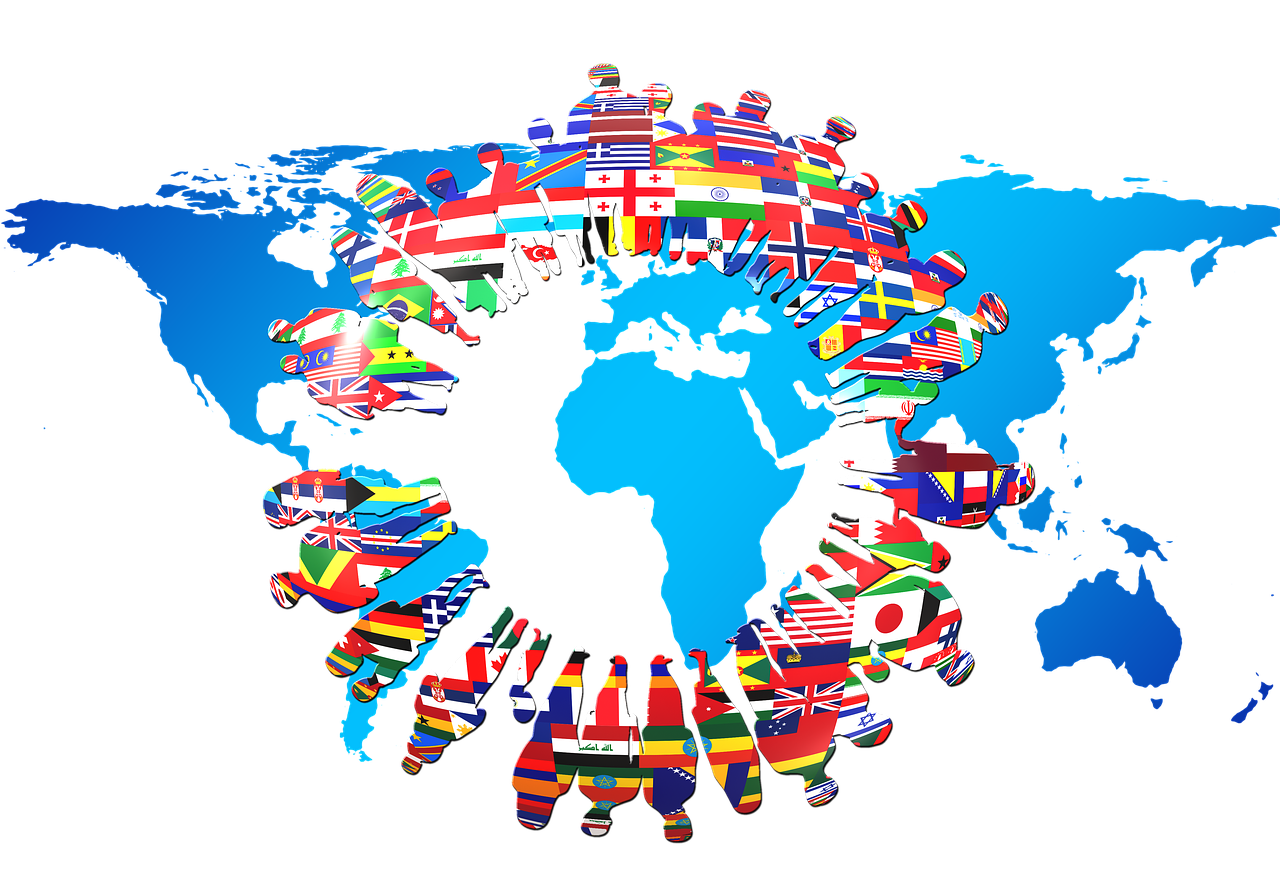新冠肺炎疫情英语介绍(新冠肺炎疫情英语介绍ppt)
全球挑战与应对策略的英语介绍
The COVID-19 pandemic, officially declared by the World Health Organization (WHO) on January 30, 2020, has not only reshaped the global health landscape but also profoundly impacted economies, societies, and individual lives worldwide. This unprecedented global crisis has necessitated an immediate and coordinated response from governments, international organizations, and the private sector to mitigate its far-reaching effects. This article aims to provide an in-depth analysis of the pandemic's origins, its impact on various sectors, the international response, and the ongoing efforts towards recovery and preparedness for future outbreaks.
The Origin and Spread of COVID-19
The SARS-CoV-2 virus, responsible for the COVID-19 pandemic, was first identified in Wuhan, China, in late 2019, likely originating from a zoonotic spillover from an animal market. Its rapid spread across China and eventually the globe can be attributed to several factors, including human-to-human transmission via respiratory droplets, a high rate of infection, and the lack of initial awareness and effective containment measures. The virus's ability to mutate and evade detection further complicated global efforts to control its spread.
The Impact on Global Health Systems
The pandemic has overwhelmed healthcare systems in many countries, leading to a shortage of medical supplies such as personal protective equipment (PPE), ventilators, and vaccines. The surge in cases led to a strain on hospital resources, with many countries reporting a shortage of intensive care unit (ICU) beds and healthcare workers falling ill or becoming overwhelmed. In some regions, this resulted in a prioritization of care based on factors like age and health status, leading to ethical debates around resource allocation.
Economic and Social Disparities
The economic repercussions of the pandemic have been severe and widespread. Lockdowns and travel restrictions have led to a significant decline in global trade, job losses, and a contraction of many economies. The World Bank estimates that the pandemic could result in a global GDP contraction of 5.2% in 2020—the deepest recession since the Great Depression. Moreover, the economic crisis has exacerbated social inequalities, with low-income households facing greater challenges in accessing essential goods and services.

Public Health Measures and Their Impact
To mitigate the spread of the virus, governments implemented various non-pharmaceutical interventions (NPIs), including social distancing, mask wearing, quarantine measures, and lockdowns. While these measures have been effective in reducing transmission rates, they have also come with significant social and economic costs. The impact on mental health has been particularly acute, with increased rates of anxiety, depression, and domestic violence reported globally.
The Role of International Cooperation
The international community's response to the pandemic has been marked by both cooperation and competition. The WHO played a pivotal role in coordinating the global response, providing guidance on public health measures and advocating for equitable access to vaccines. However, challenges remain in ensuring that all countries have access to necessary medical resources and vaccines. The COVAX initiative aimed to ensure equitable distribution of vaccines but faced hurdles due to production delays and logistical challenges.
Vaccination Campaigns and Their Impact
The development of vaccines against COVID-19 represents a turning point in the pandemic's trajectory. Multiple vaccines—including those from Pfizer-BioNTech, Moderna, and Oxford-AstraZeneca—have been authorized for emergency use worldwide. Vaccination campaigns have been rolled out at unprecedented speeds, with some countries achieving high levels of immunization. However, the global distribution remains uneven, with low- and middle-income countries facing challenges in accessing vaccines due to supply constraints and financial limitations.

Post-Pandemic Recovery and Preparedness
As the world begins to emerge from the pandemic's grip, the focus is shifting towards economic recovery and rebuilding societies. Governments are implementing various policies to stimulate economies, support businesses, and protect vulnerable populations. Additionally, there is a renewed emphasis on strengthening public health systems and investing in research to prevent future pandemics. The concept of 'build back better' emphasizes sustainable development practices that incorporate resilience against future health crises.
Conclusion
The COVID-19 pandemic has underscored the interconnectedness of the global community and the need for coordinated international efforts in times of crisis. While the pandemic has brought immense suffering and disruption, it has also served as a catalyst for innovation, solidarity, and a renewed commitment to public health. As we move forward, continued investment in healthcare infrastructure, equitable vaccine distribution, and resilient public health systems will be crucial for mitigating the impact of future pandemics and ensuring global health security. The lessons learned during this crisis will inform policies and practices that can help prepare us better for future challenges.
附录:关键词解释
COVID-19:2019年冠状病毒病,由SARS-CoV-2病毒引起。
WHO(World Health Organization):世界卫生组织,负责全球公共卫生事务的国际组织。
NPIs(Non-Pharmaceutical Interventions):非药物干预措施,如社交距离、戴口罩、隔离和封锁等,用于减缓病毒传播。

GDP(Gross Domestic Product):国内生产总值,衡量一个国家经济总量的指标。
COVAX:疫苗公平机制,旨在确保全球范围内公平获取新冠疫苗。
'Build Back Better':一个理念,强调在重建过程中实施更加可持续和韧性的政策和做法。





还没有评论,来说两句吧...